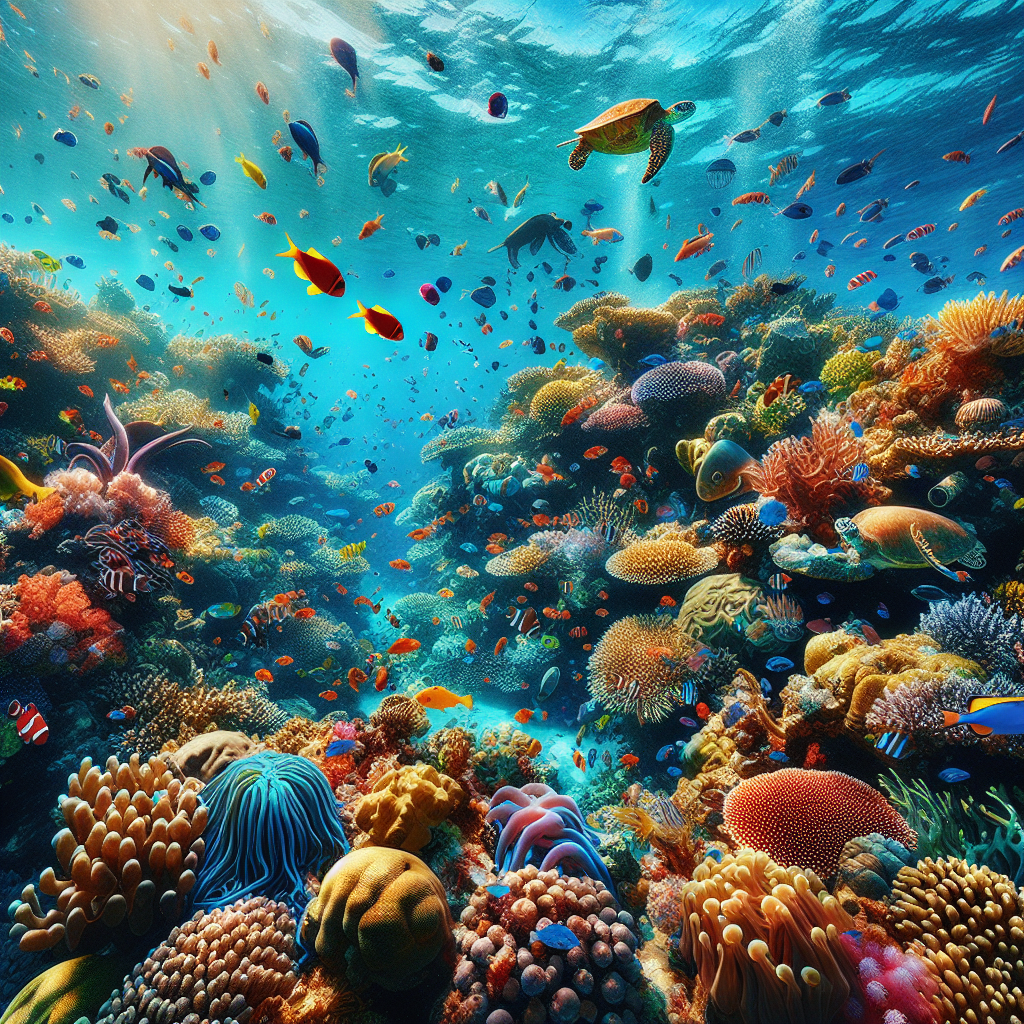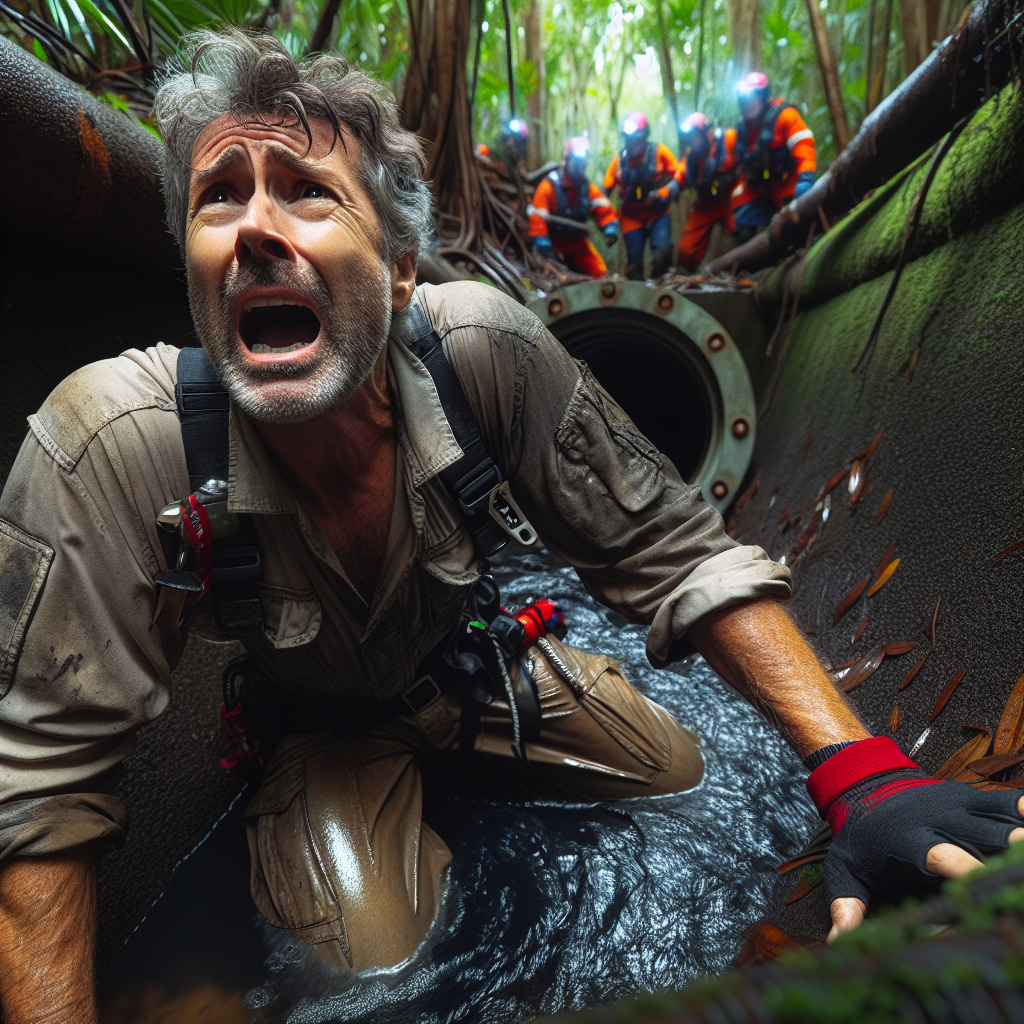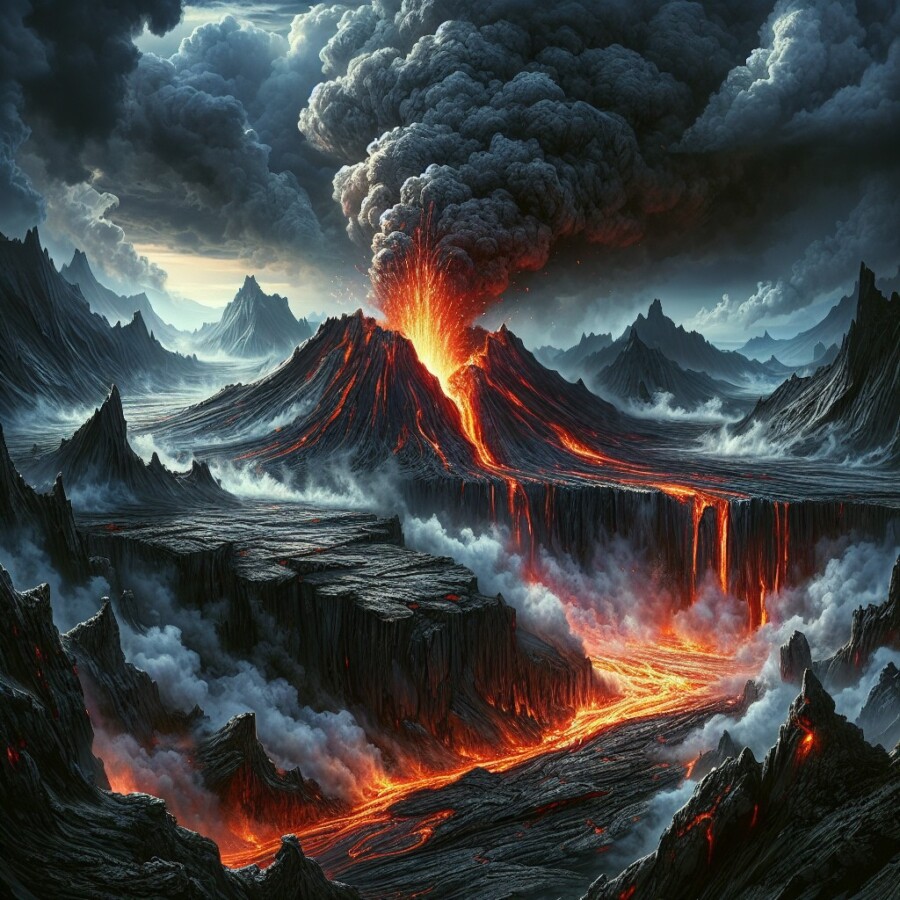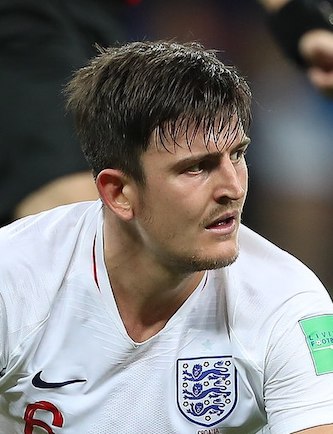Coral reefs are in trouble because the ocean is getting too hot. This is called coral bleaching, where the coral turns white and gets sick. It’s happening in many oceans like the Atlantic, Pacific, and Indian Ocean. Coral reefs are important for sea life and help people make money from fishing and tourism.
Last year, the first signs of coral bleaching were seen in the Caribbean. Now, more than half of the world’s coral is affected, including the Great Barrier Reef in Australia. The ocean’s temperature has been very high since last August. Climate change and a natural event called El Niño are making the water even warmer.
Scientists are worried because coral reefs help fish find food. They say coral reefs show how bad climate change can be for nature. Some deeper water corals are surviving, but most coral needs help. Scientists want people to reduce greenhouse gases to protect coral reefs.
Original news source: World’s coral turns white from deadly ocean heat (BBC)
🎧 Listen:
Slow
Normal
Fast
📖 Vocabulary:
| 1 | coral | A type of sea animal that forms reefs |
| 2 | bleaching | Losing color and becoming white |
| 3 | tourism | Traveling for fun or vacation |
| 4 | affected | Changed or harmed by something |
| 5 | temperature | How hot or cold something is |
| 6 | climate | The usual weather in a place |
| 7 | event | Something that happens |
| 8 | surviving | Staying alive |
| 9 | greenhouse gases | Gases that trap heat in the atmosphere |
| 10 | protect | Keeping something safe |
| 11 | scientists | People who study science |
| 12 | nature | The natural world around us |
Group or Classroom Activities
Warm-up Activities:
– News Summary
Instructions: Divide the class into pairs. Give each pair a copy of the article. Instruct them to read the article together and then write a summary of the main points. Encourage them to use their own words and keep it concise. Afterward, have pairs share their summaries with the class.
– Opinion Poll
Instructions: Divide the class into small groups. Give each group a set of statements related to the article, such as “Coral reefs are important for the environment” or “Climate change is the main cause of coral bleaching.” Instruct the groups to discuss each statement and come to a consensus on whether they agree or disagree. Then, have each group present their opinions to the class and facilitate a class discussion.
– Vocabulary Pictionary
Instructions: Write a list of key vocabulary words from the article on the board, such as “coral bleaching,” “greenhouse gases,” and “Great Barrier Reef.” Divide the class into small teams and give each team a whiteboard or a large piece of paper. One member from each team will come to the front of the class and choose a vocabulary word. They must then draw a picture to represent that word while their team tries to guess what it is. The team that guesses correctly gets a point. Repeat with different team members and vocabulary words.
– Synonym Challenge
Instructions: Prepare a list of key vocabulary words from the article on individual cards, such as “coral bleaching,” “temperature,” and “climate change.” Give each student a card and tell them not to show it to anyone. Instruct the students to walk around the classroom and find a partner. They must then take turns giving synonyms for the word on their card until their partner guesses the correct word. Once their partner guesses correctly, they can switch cards and find a new partner to play with.
– Future Predictions
Instructions: Divide the class into pairs. Instruct each pair to imagine they are scientists studying coral reefs in the future. They should discuss and make predictions about what will happen to coral reefs in the next 10 years due to climate change and other factors. Afterward, have pairs share their predictions with the class and lead a class discussion on the potential future of coral reefs.
🤔 Comprehension Questions:
1. What is happening to coral reefs because the ocean is getting too hot?
2. What is it called when the coral turns white and gets sick?
3. Where is coral bleaching happening?
4. Why are coral reefs important for sea life and people?
5. Where were the first signs of coral bleaching seen last year?
6. What is making the water even warmer?
7. Why are scientists worried about coral reefs?
Go to answers ⇩
🎧✍️ Listen and Fill in the Gaps:
(1)______ reefs are in trouble because the ocean is getting too hot. This is called (2)______ bleaching, where the coral turns white and gets sick. It’s happening in many oceans like the Atlantic, (3)______, and Indian Ocean. Coral reefs are important for sea life and help people make money from (4)______ and tourism.
Last (5)______, the first signs of coral bleaching were seen in the Caribbean. Now, (6)______ than half of the world’s coral is affected, including the Great (7)______ Reef in Australia. The ocean’s (8)______ has been very high since last August. Climate change and a natural event called El Niño are making the water even warmer.
(9)______ are worried because coral reefs help fish find food. They say coral reefs show how bad (10)______ change can be for nature. Some (11)______ water corals are surviving, but most coral needs help. Scientists want people to reduce greenhouse gases to (12)______ coral reefs.
Go to answers ⇩
💬 Discussion Questions:
Students can ask a partner these questions, or discuss them as a group.
1. What is coral bleaching and why is it a problem for coral reefs?
2. How do coral reefs help sea life and people?
3. Have you ever seen a coral reef? If so, how did it make you feel?
4. Do you think it’s important to protect coral reefs? Why or why not?
5. How would you feel if you couldn’t go fishing or swimming near a coral reef anymore?
6. What do you think can be done to reduce greenhouse gases and protect coral reefs?
7. Do you think climate change is a serious problem? Why or why not?
8. Have you ever heard of El Niño? What do you know about it?
9. How do you think coral reefs can show the effects of climate change?
10. Do you like learning about marine life and ecosystems? Why or why not?
11. What are some ways we can educate others about the importance of protecting coral reefs?
12. Have you ever done anything to help the environment? If so, what did you do? If not, what do you think you could do?
Individual Activities
📖💭 Vocabulary Meanings:
Match each word to its meaning.
Words:
1. coral
2. bleaching
3. tourism
4. affected
5. temperature
6. climate
7. event
8. surviving
9. greenhouse gases
10. protect
11. scientists
12. nature
Meanings:
(A) People who study science
(B) Changed or harmed by something
(C) Traveling for fun or vacation
(D) A type of sea animal that forms reefs
(E) Staying alive
(F) Gases that trap heat in the atmosphere
(G) The natural world around us
(H) How hot or cold something is
(I) Losing color and becoming white
(J) Keeping something safe
(K) The usual weather in a place
(L) Something that happens
Go to answers ⇩
🔡 Multiple Choice Questions:
1. What is happening to coral reefs because the ocean is getting too hot?
(a) Coral growing
(b) Coral multiplying
(c) Coral shrinking
(d) Coral bleaching
2. Where is coral bleaching happening?
(a) Only in the Atlantic Ocean
(b) In many oceans
(c) Only in the Pacific Ocean
(d) Only in the Indian Ocean
3. Why are coral reefs important for people?
(a) They provide a home for dolphins
(b) They are fun to swim around
(c) They make the ocean look pretty
(d) They help people make money from fishing and tourism
4. Where were the first signs of coral bleaching seen last year?
(a) In Australia
(b) In the Caribbean
(c) In Europe
(d) In Africa
5. How much of the world’s coral is affected by coral bleaching?
(a) Less than half
(b) All of it
(c) More than half
(d) None of it
6. What has been making the ocean’s temperature even warmer?
(a) Climate change and El Niño
(b) Climate change and hurricanes
(c) Climate change and earthquakes
(d) Climate change and tornadoes
7. What do coral reefs help fish do?
(a) Find shelter
(b) Find friends
(c) Find food
(d) Find toys
8. What do scientists want people to do to protect coral reefs?
(a) Reduce greenhouse gases
(b) Use more plastic
(c) Cut down more trees
(d) Waste more water
Go to answers ⇩
🕵️ True or False Questions:
1. When coral reefs get sick, they turn white and it’s called coral bleaching.
2. Coral reefs are in trouble because the ocean is getting too cold.
3. The ocean’s temperature has been very high since last August because of climate change and a natural event called El Niño.
4. Coral reefs are important because they harm sea life and people make money from fishing and tourism.
5. Less than half of the world’s coral is affected by coral bleaching, including the Great Barrier Reef in Australia.
6. Coral bleaching is happening in many oceans, like the Atlantic, Pacific, and Indian Ocean.
7. Scientists want people to reduce greenhouse gases to protect coral reefs.
8. Last year, the first signs of coral bleaching were seen in the Pacific Ocean.
Go to answers ⇩
📝 Write a Summary:
Write a summary of this news article in two sentences.
Check your writing now with the best free AI for English writing!
Writing Questions:
Answer the following questions. Write as much as you can for each answer.
Check your answers with our free English writing assistant!
1. What happens to coral when the ocean gets too hot?
2. Where is coral bleaching happening?
3. Why are coral reefs important for sea life?
4. What is causing the ocean’s temperature to be very high?
5. What do scientists want people to do to protect coral reefs?
✅ Answers
🤔✅ Comprehension Question Answers:
1. What is happening to coral reefs because the ocean is getting too hot?
Coral reefs are getting sick and turning white because the ocean is getting too hot.
2. What is it called when the coral turns white and gets sick?
When the coral turns white and gets sick, it is called coral bleaching.
3. Where is coral bleaching happening?
Coral bleaching is happening in many oceans like the Atlantic, Pacific, and Indian Ocean.
4. Why are coral reefs important for sea life and people?
Coral reefs are important for sea life because they help fish find food. They are also important for people because they can make money from fishing and tourism.
5. Where were the first signs of coral bleaching seen last year?
The first signs of coral bleaching were seen in the Caribbean last year.
6. What is making the water even warmer?
Climate change and a natural event called El Niño are making the water even warmer.
7. Why are scientists worried about coral reefs?
Scientists are worried about coral reefs because they show how bad climate change can be for nature. They want to protect coral reefs by reducing greenhouse gases.
Go back to questions ⇧
🎧✍️✅ Listen and Fill in the Gaps Answers:
(1) Coral
(2) coral
(3) Pacific
(4) fishing
(5) year
(6) more
(7) Barrier
(8) temperature
(9) Scientists
(10) climate
(11) deeper
(12) protect
Go back to questions ⇧
📖💭✅ Vocabulary Meanings Answers:
1. coral
Answer: (D) A type of sea animal that forms reefs
2. bleaching
Answer: (I) Losing color and becoming white
3. tourism
Answer: (C) Traveling for fun or vacation
4. affected
Answer: (B) Changed or harmed by something
5. temperature
Answer: (H) How hot or cold something is
6. climate
Answer: (K) The usual weather in a place
7. event
Answer: (L) Something that happens
8. surviving
Answer: (E) Staying alive
9. greenhouse gases
Answer: (F) Gases that trap heat in the atmosphere
10. protect
Answer: (J) Keeping something safe
11. scientists
Answer: (A) People who study science
12. nature
Answer: (G) The natural world around us
Go back to questions ⇧
🔡✅ Multiple Choice Answers:
1. What is happening to coral reefs because the ocean is getting too hot?
Answer: (d) Coral bleaching
2. Where is coral bleaching happening?
Answer: (b) In many oceans
3. Why are coral reefs important for people?
Answer: (d) They help people make money from fishing and tourism
4. Where were the first signs of coral bleaching seen last year?
Answer: (b) In the Caribbean
5. How much of the world’s coral is affected by coral bleaching?
Answer: (c) More than half
6. What has been making the ocean’s temperature even warmer?
Answer: (a) Climate change and El Niño
7. What do coral reefs help fish do?
Answer: (c) Find food
8. What do scientists want people to do to protect coral reefs?
Answer: (a) Reduce greenhouse gases
Go back to questions ⇧
🕵️✅ True or False Answers:
1. When coral reefs get sick, they turn white and it’s called coral bleaching. (Answer: True)
2. Coral reefs are in trouble because the ocean is getting too cold. (Answer: False)
3. The ocean’s temperature has been very high since last August because of climate change and a natural event called El Niño. (Answer: True)
4. Coral reefs are important because they harm sea life and people make money from fishing and tourism. (Answer: False)
5. Less than half of the world’s coral is affected by coral bleaching, including the Great Barrier Reef in Australia. (Answer: False)
6. Coral bleaching is happening in many oceans, like the Atlantic, Pacific, and Indian Ocean. (Answer: True)
7. Scientists want people to reduce greenhouse gases to protect coral reefs. (Answer: True)
8. Last year, the first signs of coral bleaching were seen in the Pacific Ocean. (Answer: False)
Go back to questions ⇧















